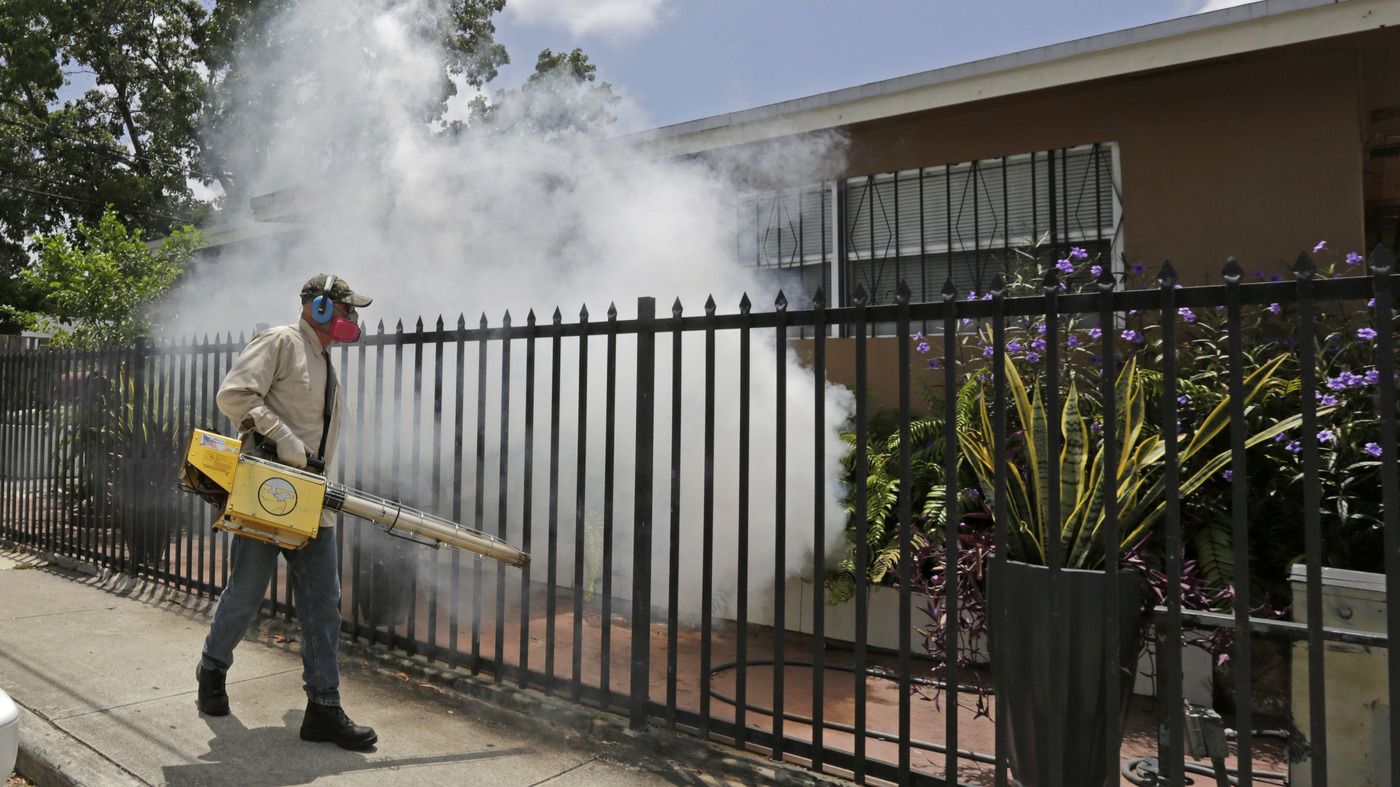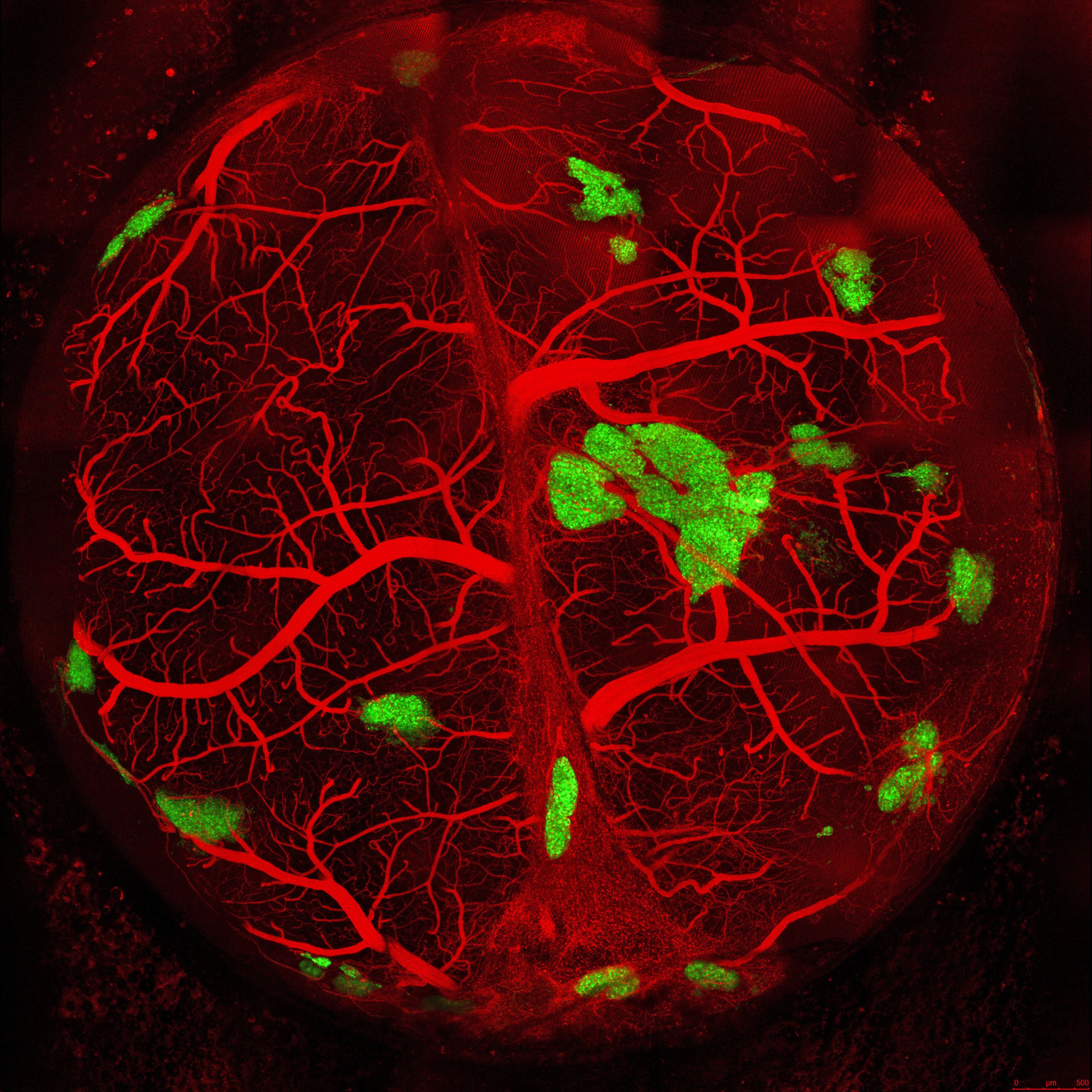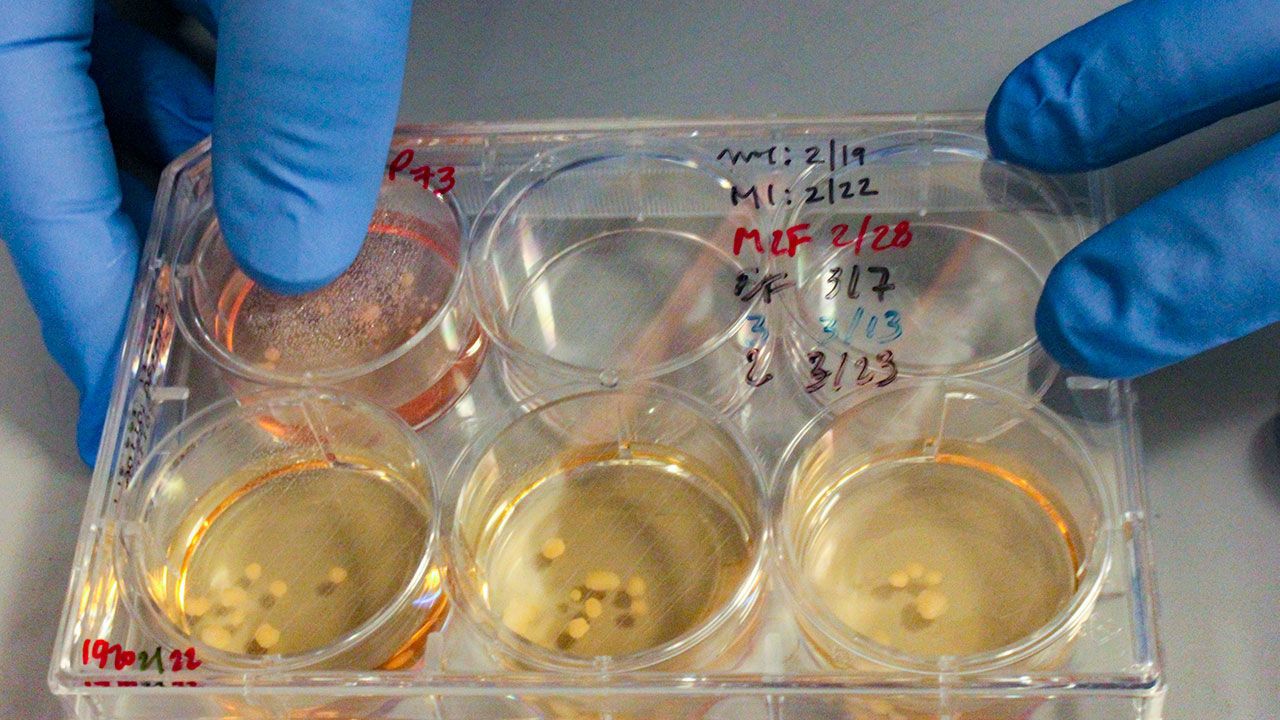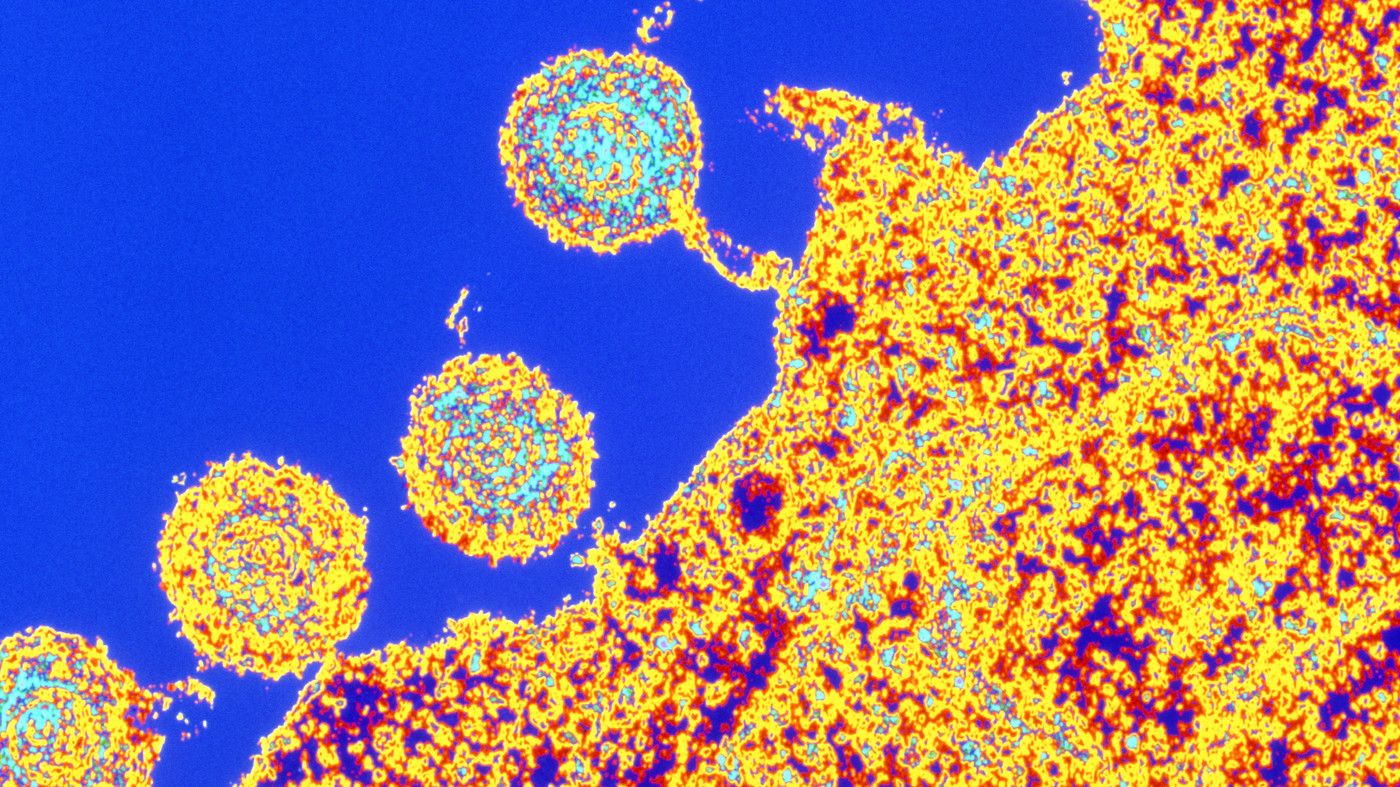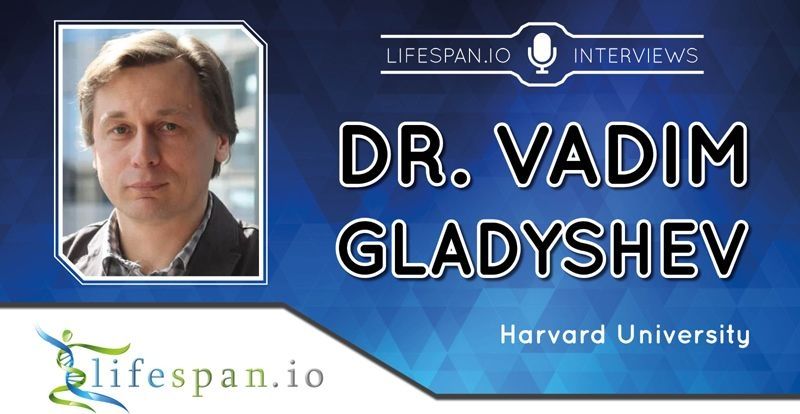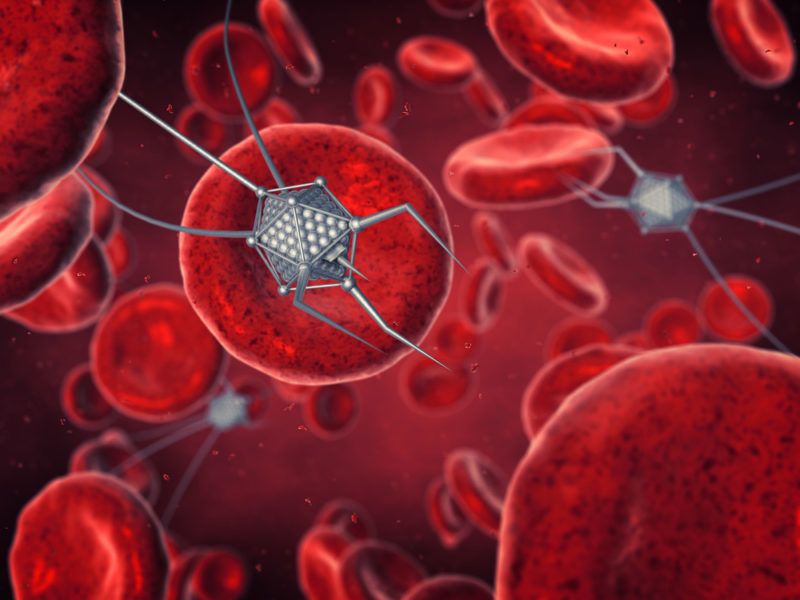Archive for the ‘biotech/medical’ category: Page 2260
Jun 21, 2018
Electronic Skin Lets Amputees Feel Pain Through Their Prosthetics
Posted by Marcos Than Esponda in categories: biotech/medical, cyborgs, neuroscience
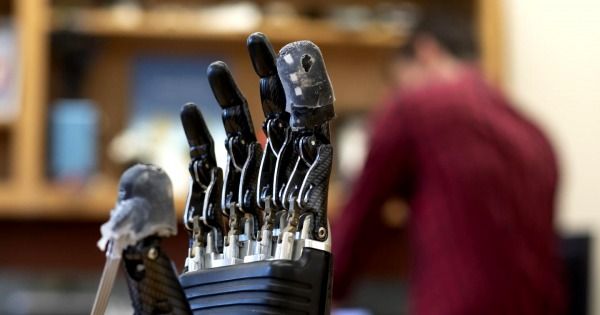
I felt my hand, as if a hollow shell, got filled with life again.”
Researchers have created e-dermis, an electronic skin that transmits sensations of pain from an amputee’s prosthetic hand to their brain.
Jun 21, 2018
Tissue-engineered human pancreatic cells successfully treat diabetic mice
Posted by Ian Hale in categories: bioengineering, biotech/medical
Researchers tissue-engineered human pancreatic islets in a laboratory that develop a circulatory system, secrete hormones like insulin and successfully treat sudden-onset type 1 diabetes in transplanted mice.
In a study published by Cell Reports, the scientists use a new bioengineering process they developed called a self-condensation cell culture. The technology helps nudge medical science closer to one day growing human organ tissues from a person’s own cells for regenerative therapy, say study investigators at Cincinnati Children’s Hospital Medical Center in the U.S. and Yokohama City University (YCU) in Japan.
“This method may serve as a principal curative strategy for treating type 1 diabetes, of which there are 79,000 new diagnoses per year,” said Takanori Takebe, MD, a physician-scientist at the Cincinnati Children’s Center for Stem Cell and Organoid Medicine. “This is a life-threatening disease that never goes away, so developing effective and possibly permanent therapeutic approaches would help millions of children and adults around the world.”
Continue reading “Tissue-engineered human pancreatic cells successfully treat diabetic mice” »
Jun 21, 2018
Exclusive: Neanderthal ‘minibrains’ grown in dish
Posted by Manuel Canovas Lechuga in categories: biotech/medical, neuroscience
Compared with brain organoids grown from ordinary human cells (top), those with a Neanderthal gene variant (bottom) differ in appearance and behavior.
Jun 21, 2018
Longevity, the Greatest Investment Opportunity of All Time
Posted by Edward Futurem in categories: biotech/medical, business, life extension, robotics/AI
The exponential potential of longevity technologies.
Jim Mellon became a billionaire by pouncing on a wide variety of opportunities, from the dawn of business privatization in Russia to uranium mining in Africa and real estate in Germany. But all of that might eventually look small, he says, compared to the money to be made in the next decade or so from biotechnologies that will increase human longevity well past 100.
The British investor is so enthusiastic about these technologies that he co-authored a 2017 book about them, Juvenescence: Investing in the Age of Longevity, and launched a company, Juvenescence Ltd., to capitalize on them. “Juvenescence” is a real word — it’s the state of being youthful. Says Mellon, who is 61: “I’m hoping that this stuff works on me as well as on my portfolio.”
Continue reading “Longevity, the Greatest Investment Opportunity of All Time” »
Jun 21, 2018
Researchers Find Herpes Viruses In Brains Marked By Alzheimer’s Disease
Posted by Genevieve Klien in categories: biotech/medical, health, neuroscience
Herpes Viruses And Alzheimer’s: A Possible Link : Shots — Health News Two herpes viruses that cause skin rashes in toddlers may accelerate Alzheimer’s disease when they infect brain cells. The finding suggests antiviral drugs might help protect the brain.
Jun 21, 2018
Dr. Vadim Gladyshev – Harvard University
Posted by Nicola Bagalà in categories: biotech/medical, chemistry, education, life extension, media & arts
An interview with Dr. Vadim Gladyshev, Harvard University.
We have recently had occasion to have a chat with Dr. Vadim Gladyshev, Professor of Medicine and Director of Redox Medicine at Brigham and Women’s Hospital, Harvard Medical School, in Boston, Massachusetts. He is an expert in aging and redox biology and is known for his characterization of the human selenoproteome. His research laboratory focuses on comparative genomics, selenoproteins, redox biology, and, naturally, aging and lifespan control.
Dr. Gladyshev graduated from Moscow State University, in Moscow, Russia; his postdoctoral studies in the 1990s took place at the National Heart, Lung, and Blood Institute, and the National Cancer Institute, in Bethesda, Maryland. Even when he was young, he was very much interested in chemistry and experimental science: he twice won the regional Olympiad in chemistry and graduated from high school with a gold medal. He also graduated with the highest honors from Moscow State University. This enviable track record is even more impressive considering that Dr. Gladyshev completed music school and high school at the same time and became a chess player equivalent to national master during his college years.
Continue reading “Dr. Vadim Gladyshev – Harvard University” »
Jun 21, 2018
Using Nanoscale Robots to Fight Aging and Disease
Posted by Steve Hill in categories: biotech/medical, life extension, nanotechnology, robotics/AI
At least in the developed world, cancer, heart diseases, and neurodegenerative diseases are among the greatest causes of mortality. One emerging and very promising way to prevent or cure these diseases is through bio-nanotechnology.
Nanotechnology is the design, synthesis and application of materials or devices that are on the nanometer scale (one billionth of a meter). Due to the small scale of these devices, they can have many beneficial applications, both in industry and medicine. The use of nanodevices in medicine is called nanomedicine. Here, we will look at some applications of nanomedicine in curing or preventing the diseases that are most likely to kill us.
Jun 21, 2018
Is aging not scary? The children’s tales that are killing us
Posted by Steve Hill in categories: biotech/medical, evolution, life extension
Today we will be taking a look at some of the stories people tell themselves to help them pretend aging is not a problem.
If you ask most people what they think about aging, they will shrug their shoulders and say that it is a natural process. With complete tranquility on their faces, they will agree that, yes, in old age, we are haunted by many diseases, but nothing can be done about it, so it makes no sense to worry about it while you are young and healthy. Just live your life.
Then, the conversation will turn towards an even stranger direction: they will start looking for something good about aging – for example, that it ensures a change of generations, prevents society from becoming stuck in obsolete ideas, and, in general, is the engine of evolution. They’ll explain that the notion of death gives meaning to life and makes us accomplish as much as possible in the little time we have.
Continue reading “Is aging not scary? The children’s tales that are killing us” »
Jun 21, 2018
Prosthetic Memory Enhancement Is Here
Posted by Shailesh Prasad in categories: biotech/medical, cyborgs, neuroscience
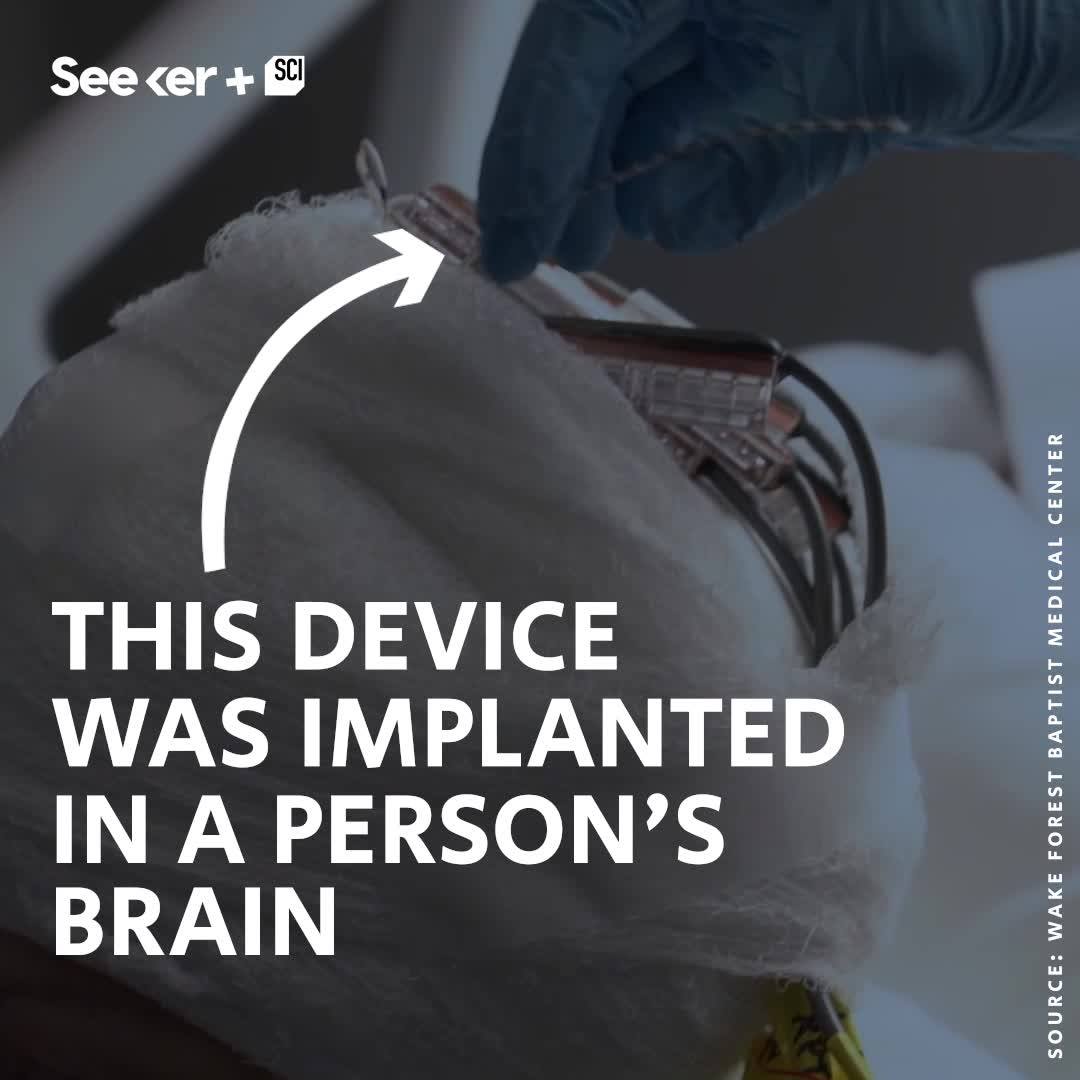
This brain implant gives users prosthetic memory that can boost the brain’s short-term recall.
